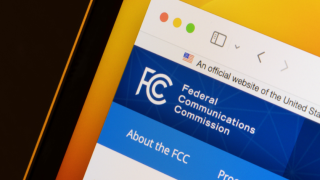The company is expected to use the investment to deliver super-fast broadband to more than 30 cities, and 40,000 premises in the UK that were not included in its initial roll-out.
The extra sites include those that previously had technical difficulties or local planning restrictions, and BT will also look to deploy FTTP to buildings in urban areas.
Mike Galvin, managing director of network investment at BT Openreach, said that in general the fibre deployment programme was progressing well.
“Some city areas have proved challenging in the past but we are returning to those and will pass hundreds of thousands of additional premises with fibre,” he said.
“We are reaching vast swathes of rural Britain with our public sector partners but we will upgrade these city areas under our own steam. Businesses in cities already have access to ultra-fast speeds but fibre will give them greater choice.”
BT is already investing £2.5 billion in its network roll-out and looks set to secure all funds being offered by the government’s Broadband Delivery UK (BDUK) initiative.
BDUK funding means £530 million of state subsidies would be added to BT’s own investment, with the aim of covering 90% of the UK with the high-speed network by late 2015 or early 2016.
The company presently connects 18 million homes in Britain to its fibre network, and looks set to meet its target of covering two thirds of Britain by Spring this year.
Earlier this month, BT announced a successful trial of 1.4Tbps on an existing core fibre connection with French vendor Alcatel-Lucent.




